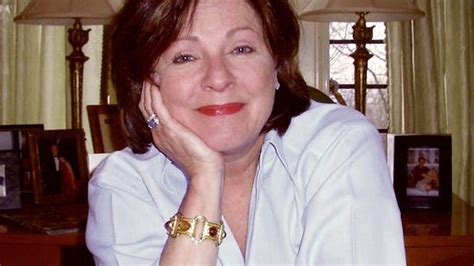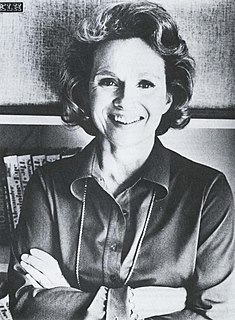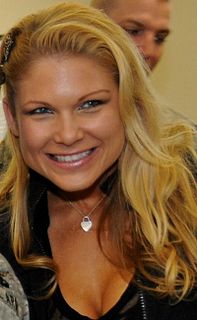A Quote by Homer Hickam
The key to not getting rejected if you're writing for a magazine, is to know to read that magazine and know everything about them before you ever make a submission.
Related Quotes
I was interested in creating things that I could be proud of and so, you know, I was interested in being an editor of a magazine, things that I could be proud of, and so, you know, I was interested in being an editor of a magazine, but in order to be an editor of a magazine I had to become a publisher as well. I had to pay the bills. I had to worry about the printing and the paper manufacturing and the distribution of that magazine.
When I was doing my research for 'Branded,' I'd meet groups of teenagers and preteenagers or tweens, and they would laugh at a magazine spread in a women's magazine or teen girl magazine and say, 'I'd never buy this outfit. I know these girls are starving themselves.' But they probably would go out and buy the thing eventually.
My very first venture was a national student magazine to try to campaign against the [Vietnam] War. And so I wanted to be an editor. I wanted to bring the magazine out. And in order for the magazine to survive I had to worry about the printing and the paper manufacturing and the distribution. And, you know, I had to try to, at the end of the year, have more money coming in than going out.


































